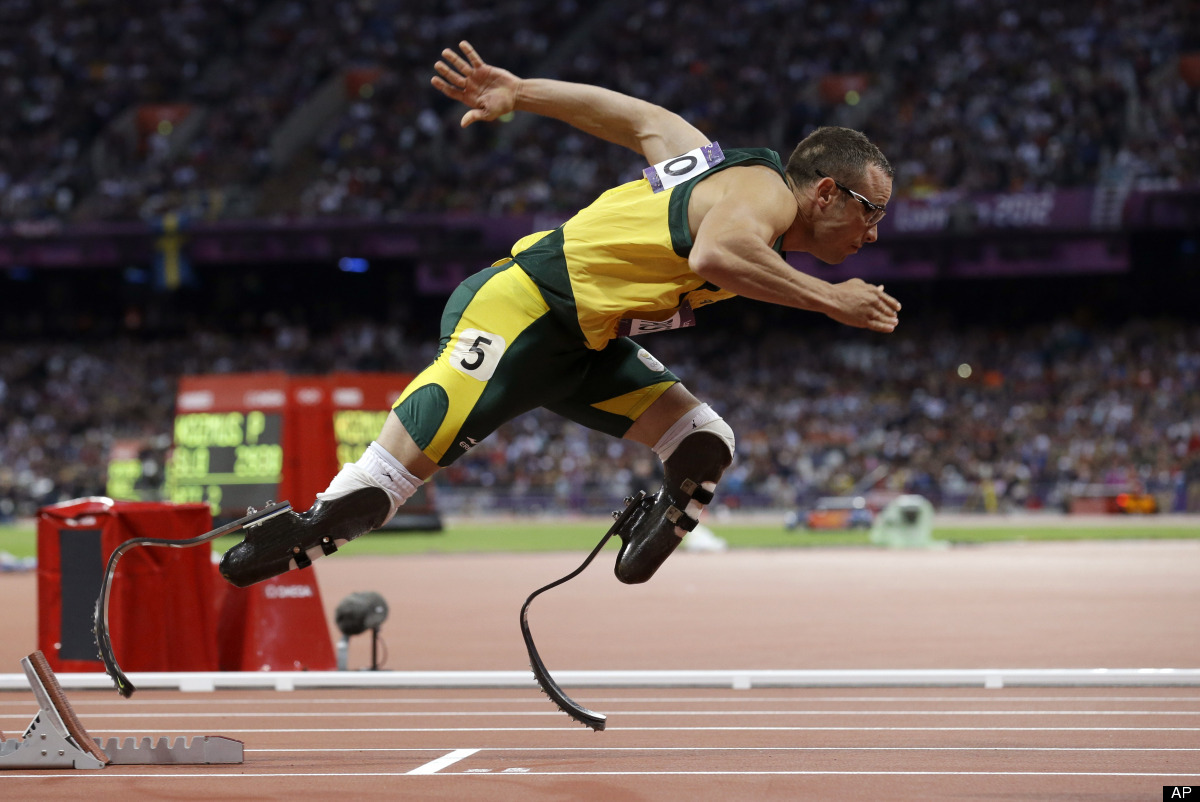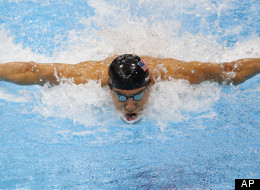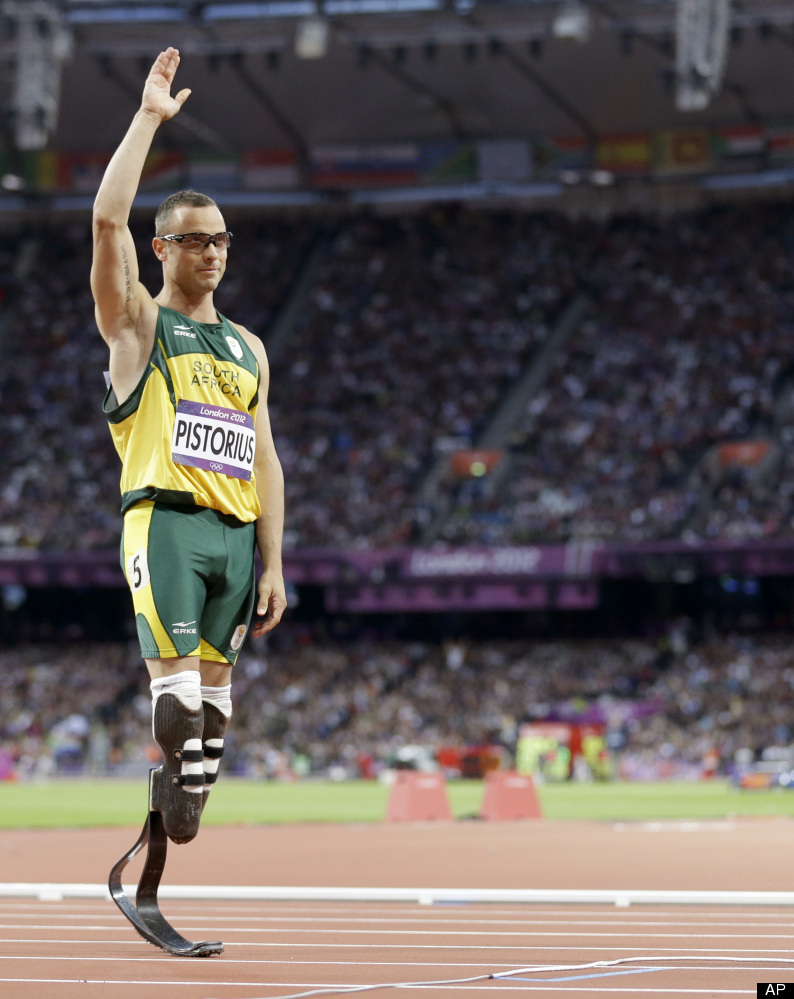

Doesn't it strike you as odd that millions of us watch the Olympic Games every four years, virtually enraptured for two weeks, but have no interest in following these athletes the other three years, 50 weeks?
There is a plethora of Olympic junkies who immerse themselves, to the point of losing sleep, as they follow the stories of a comeback hurdler who tragically tripped on the final hurdle the last time around, a former gold medal weight lifter slipping to the ground with a 432-pound barbell pinning down his neck, a woman who had suffered sexual abuse by her coach but found her strength and won the first-ever U.S. gold in judo.
At the proverbial water cooler, I hear the same people who declare themselves "NOT INTO SPORTS" in their normal days, very involved in the dramas in London.
Sports are replete with the flow of human endeavor. Stories of passion. Disappointment. Joy. We, the spectators, have keen instincts and we quickly perceive the true character of the players on the stage in front of us.

I guarantee that Michael Phelps garnered many more fans this time around, when he was sometimes vulnerable, always humble, than when he was superhuman in Beijing.
We felt the heartache when LoLo Jones finished fourth, by a hair, in the 100-meter hurdles, after her crash last Olympics. We don't need to know the height of the hurdles, the final time of the winner, the way they train. We simply see the video of LoLo crashing into that 7th hurdle in Beijing, her tears, the look of resolve on her face in the starting blocks in London, the look on her face when she realizes she finishes just out of the medals after these four long years of working toward her own personal redemption. We don't know anything about her event, but we get the whole story. And we feel for LoLo.
We don't need to know the past history of the Canadian women's soccer team in their world-stage games against the U.S. We don't have to understand the confusing overtime periods. We just see a tie score. 3-3. We understand how whipped both sides are, after two continuous hours of sprinting up and down the field. We hear the intensity of the announcer's voice: "Only 30 seconds to go... WHAT A GAME!... Tie score... We are heading into penalty kicks to decide who will play for the gold against Japan!!!"
Then time seems to stop. The Americans kick a long high ball toward the goal. A lithe, tall, ponytailed upcoming star named Alex Morgan leaps with last-ditch desire and heads the ball into the net.
The victory is stunning, but it's not the winners we feel for. The images of the Canadians, some lying distraught on their backs, some on their knees, blinking in disbelief at the scoreboard, are gut-wrenching. The defeat was palpably painful. And we feel their pain.
Tennis fans had already watched Andy Murray lose in the Wimbledon final to Roger Federer. But when non-tennis types witnessed Murray, as a Brit, make his big breakthrough in the sport and finally beat the great Federer, it wasn't a tennis story. It was a story of country. You felt the centuries of British pride at storied Center Court. And with London hosting, we felt the glory of one of their own, playing for them, in a sport that the British hold in legendary esteem. Nobody has to explain to us the rules of the game, the biographies of the players. We get it.
As much as the media pushes the medal count, we the fans are smarter than that. We don't care much about who wins. We want to feel. And in every sport there is a story to be told, feelings to be kindled.
Perhaps the ultimate London case in point: Oscar Pistorius. A half dozen other disabled athletes have been Olympians through the years. But this Games, Oscar Pistorius broke through and showed the world that physical disability, even the hardship of having both legs amputated at the age of 11 months, is no reason to keep one from pursuing excellence.
We saw 16 men run the 2 semi-finals of the 400 meters.

We didn't care who was fastest. We didn't notice, at least, for a moment, who would move on to the medal race. We rose to our feet for the man who finished last among the 16. In front of the night crowd, millions more watching from afar, the best in the world glided one lap of the oval. Oscar Pistorius, double amputee, earned his prideful place in that elite group. To my mind, right along with Phelps and Felix and Douglas, the champions whose names will emblemize these Games, Pistorius will be remembered as the heart and soul of the London Olympics. Again a story where the athletic details are simply not relevant.
For those of us steeped in the world of sports year-round, we can't fathom why all these people bored by sports don't realize that athletes, by the very nature of their emotional commitment, create and live out these wonderfully rich stories all the time, not just during the Olympic Games.